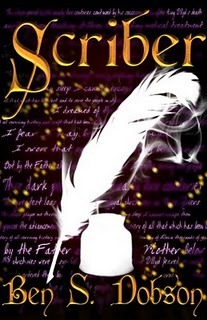“I think so, too. I know I felt that way. For years. It was as if I was a
character in a movie and the real action was about to start at any
minute. But I think some people wait forever, and only at the end of
their lives do they realize that their life has happened while they were
waiting for it to start.”
Beautiful Ruins is a wonderful book, especially if you love old Hollywood, new Hollywood, or Italy. So really, most people. It bounces cleanly between timelines, of which there are many, and I never found myself lost. It's a hard story to sum up, involving the lives of a number of people over a number of years. From World War II, to the set of Cleopatra, and throughout a number years leading to the present, this book never disappoints.
This is a novel that I loved, most of all, for the lush and delightful prose. Walter has a beautiful style of writing, such that regardless of plot turnings, I was interested in the next passage just to see how she chose to say whatever it was she wanted me to hear. A lot of my reading enjoyment is character based (I'll get to that as regards this book in a moment), but it's nice every now and then to let that take a back seat to the writing itself. That may sound hopelessly pretentious of me, but that doesn't make it any less true.
Walter's book is populated by characters, real and fictional, that you care about. I think she occasionally labors a little hard to give us the most full picture of each person that she can - some of the information on backgrounds feels a little forced, regardless of how interesting it may be. However, the characters are still interesting and sympathetic, most especially Dee and Pasquale. Their time together in the sleepy Italian town was easily my favorite bit of the book, and made me long to see the Italian shores again.
This is a book I would definitely recommend.




